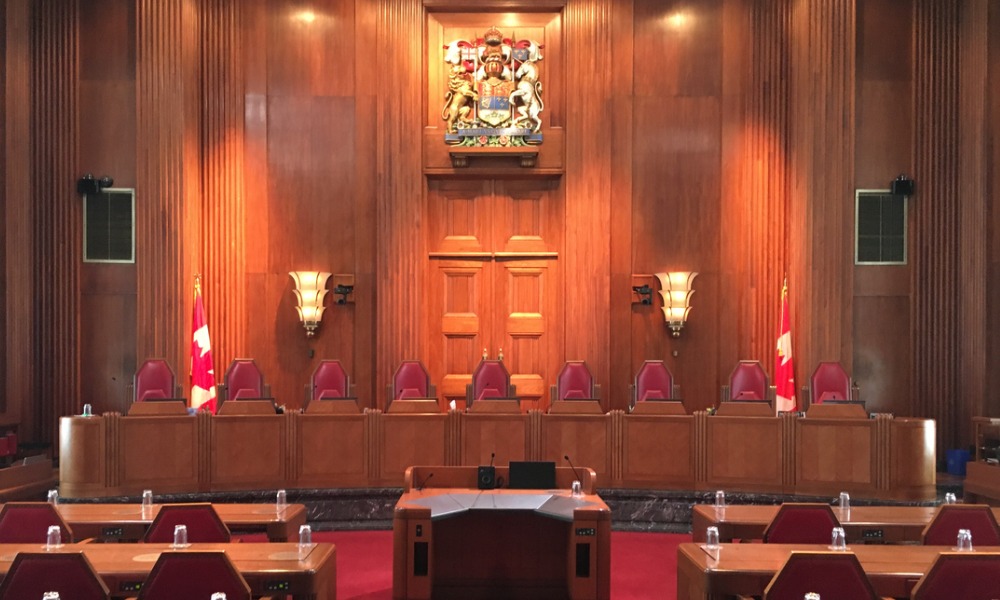Supreme court | Charter of Rights
CRUEL AND UNUSUAL TREATMENT OR PUNISHMENT
Minimum sentence legislation did not minimally impair rights
Accused convicted of carrying loaded prohibited firearms. Crown proceeded by indictment. Accused N subject to three-year minimum sentence. Accused C subject to five-year minimum sentence as repeat offender. N and C challenged constitutionality of the minimum sentences. Court of Appeal held that minimum sentences under s. 95(2) of Criminal Code violated s. 12 of Charter. Crown appeals dismissed. Section 95 covers wide spectrum of conduct including minor violations of gun licences. Minimum sentences will impose grossly disproportionate punishment in reasonably imaginable situations. Legislation does not minimally impair rights. Parliament could have drafted minimum sentence capturing only offences with significant moral blameworthiness.
R. v. Nur (Apr. 14, 2015, S.C.C., McLachlin C.J.C., LeBel J., Abella J., Rothstein J., Cromwell J., Moldaver J., Karakatsanis J., Wagner J., and Gascon J., File No. 35678, 35684) Decisions at 110 W.C.B. (2d) 264 and 110 W.C.B. (2d) 479 were affirmed. 121 W.C.B. (2d) 117.
Minimum sentence legislation did not minimally impair rights
Accused convicted of carrying loaded prohibited firearms. Crown proceeded by indictment. Accused N subject to three-year minimum sentence. Accused C subject to five-year minimum sentence as repeat offender. N and C challenged constitutionality of the minimum sentences. Court of Appeal held that minimum sentences under s. 95(2) of Criminal Code violated s. 12 of Charter. Crown appeals dismissed. Section 95 covers wide spectrum of conduct including minor violations of gun licences. Minimum sentences will impose grossly disproportionate punishment in reasonably imaginable situations. Legislation does not minimally impair rights. Parliament could have drafted minimum sentence capturing only offences with significant moral blameworthiness.
R. v. Nur (Apr. 14, 2015, S.C.C., McLachlin C.J.C., LeBel J., Abella J., Rothstein J., Cromwell J., Moldaver J., Karakatsanis J., Wagner J., and Gascon J., File No. 35678, 35684) Decisions at 110 W.C.B. (2d) 264 and 110 W.C.B. (2d) 479 were affirmed. 121 W.C.B. (2d) 117.







